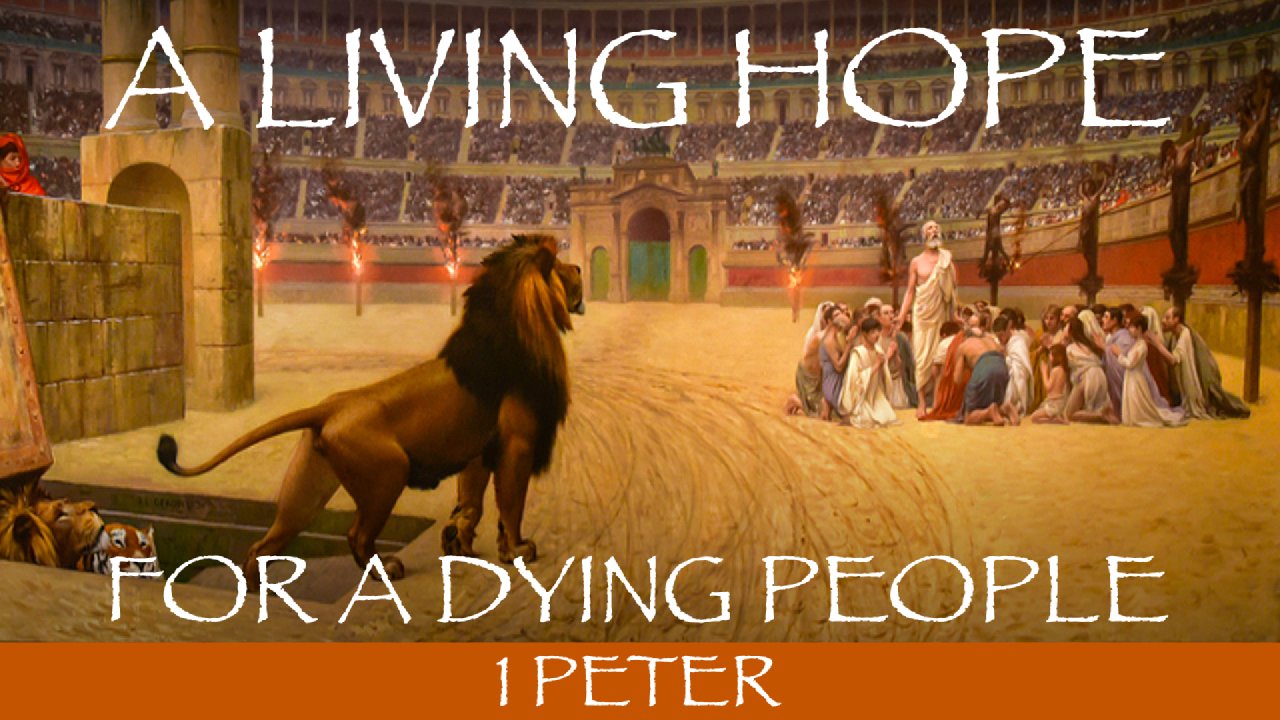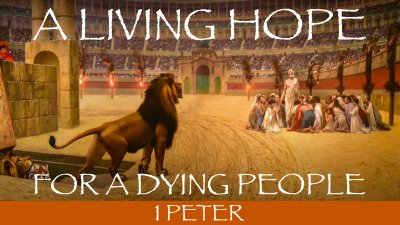Forbes Magazine lists 100 Quotes on Leadership. When bookstores used to be brick and mortar, you could always find a leadership section. And aspiring leaders may spend (tens of) thousands of dollars each year on coaching, conferences, and other ways to become better leaders.
In the Bible, we also find a lot about leadership. But what we don’t find are leadership techniques. Instead, we find offices like prophet, priest, king, and shepherd. We discover that the greatest leader laid his life down for those whom he loved. And in Christ and those who followed him, we are given a vision of what a leader is. We also find many examples of bad leaders too.
Simultaneously, in both testaments, we find lists of qualifications for leaders (see Exodus 18, Deuteronomy 17–18; 1 Timothy 3; and Titus 1). These lists are always based on character, and if anyone wants to be a leader in the church, they must look to God’s standards.
This Sunday, we will do just that. Writing to a suffering church, Peter addresses the lead sufferers, the shepherds who are leading the sheep. In less than five verses, we will discover in 1 Peter 5:1–5, a host of characteristics that you should recognize in those who lead the church. And current and aspiring leaders should be able to test themselves by these verses too.
To prepare for Sunday, please read 1 Peter 5. You will also be helped if you read Ezekiel 34 and John 10. These two background passages will give you the biblical context for Peter’s words, as they show what a good shepherd is and is not.
After spending a week with a flock of shepherds at the SBC this week, I am glad to be with you and to be one of your shepherds. It is one of the greatest joys in my life. And as we come to the text of 1 Peter 5, let us pray that the Chief Shepherd, Jesus Christ, will continue to shepherd us as we hear his voice and follow his lead.
See you Sunday (DV).
For His Glory and your joy,
Pastor David
----------------------------------------------------------------------------------------------------------------------------------------------
Discussion & Response Questions for 1 Peter 5:1-5
1. What is significant about how Peter describes his identity? How does this set the tone for this exhortation?
2. How does Peter describe the work of an elder?
3. What qualifications does Peter give for the motives of elders in their ministry?
4. What is the difference between an elder, a shepherd, and an overseer? What nuances do these words give in describing the same office?
5. “that is among you.” What does this say about the work of shepherding?
6. How does willingness, eagerness, and living as an example bless the flock?
7. What are some of the differences between a good shepherd and a not-so-good shepherd? (See also Ezekiel 34 and John 10)
8. How do wrong motives distort the work of pastoral ministry and damage the church?
9. How does Peter describe Christ?
10. What is the elders’ responsibility to Christ?
11. What does this text reveal about hierarchical relationships in the church?
12. What exhortation does Peter give to the congregation? What exhortation and caution does Peter give to both the elders and the congregation?
13. How should we respond to God’s design for the church?
14. How should we respond to these promises of grace and glory?

18. Good Shepherds: 7 Marks of a Faithful Under-Shepherd (1 Peter 5:1-4)
Sermon
June 20, 2021 • David Schrock • 1 Peter 5:1–4
More from
1 Peter





